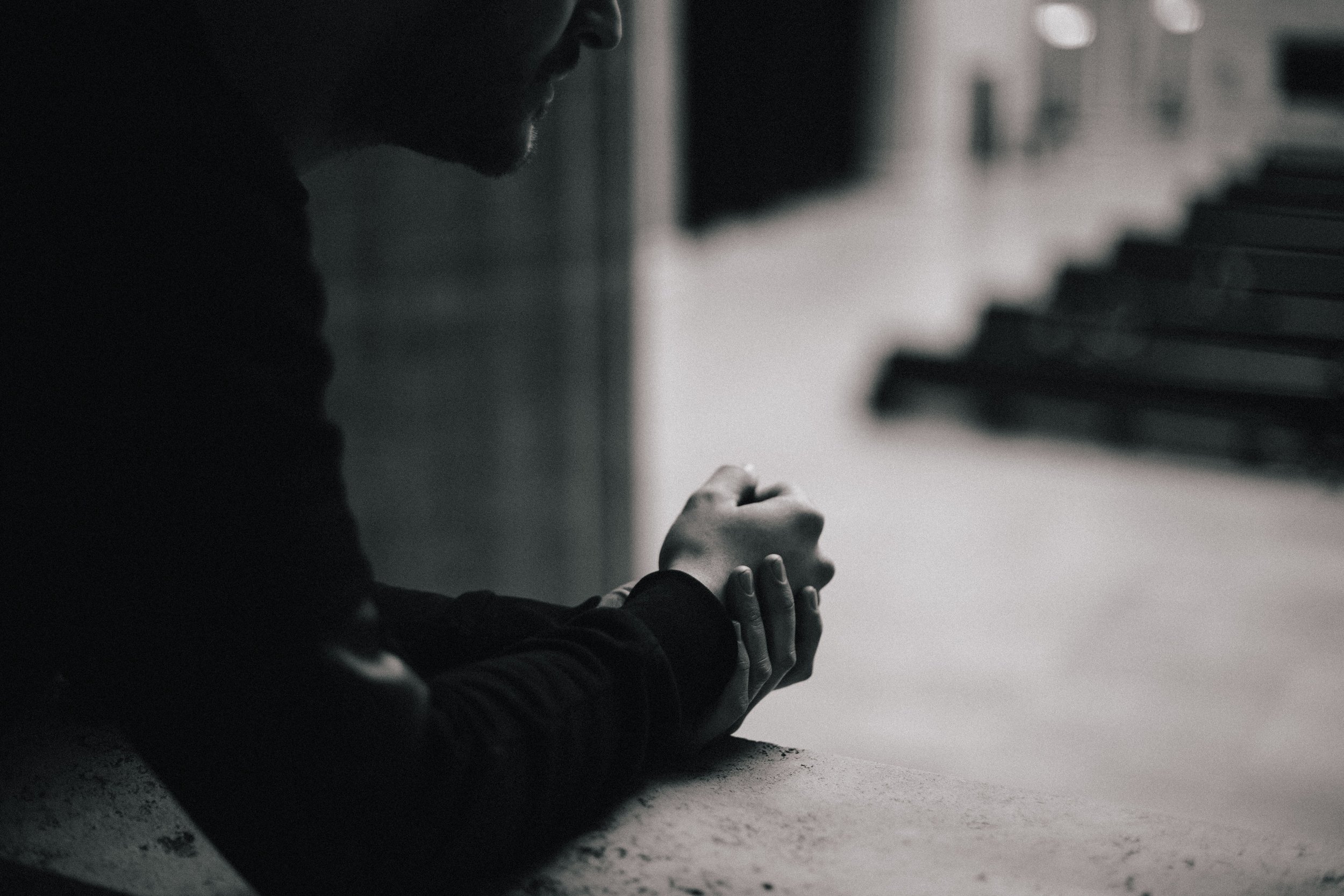Aloneness vs. Loneliness
Happy New Year, Friends!
I hope the final days of 2022 treated you well. As we move into the New Year, I want us to think about aloneness vs. loneliness. Aloneness is spending time alone by choice, which some people are predisposed to more than others. Loneliness is time spent alone that you would rather spend with others.
Over the last year, there has been a flood of reporting on the rise in both aloneness and loneliness that bears considering.
Take Bryce Ward's observations, for example:
According to the Census Bureau's American Time Use Survey, the amount of time the average American spent with friends was stable, at 6 1/2 hours per week, between 2010 and 2013. Then, in 2014, time spent with friends began to decline.
By 2019, the average American was spending only four hours per week with friends (a sharp, 37 percent decline from five years before). Social media, political polarization and new technologies all played a role in the drop. (It is notable that market penetration for smartphones crossed 50 percent in 2014.)
Add to that Derek Thompson's essay on Teenage Anxiety:
"I tell parents all the time that if Instagram is merely displacing TV, I'm not concerned about it," Steinberg told me. But today's teens spend more than five hours daily on social media, and that habit seems to be displacing quite a lot of beneficial activity... Compared with the counterparts in the 2000s, today's teens are less likely to go out with their friends, get their driver's license, or play youth sports."
Let's also throw in Catherine Pearson:
...American men appear to be stuck in a "friendship recession" - a trend that predates the Covid-19 pandemic but that seems to have accelerated over the past several years as loneliness levels have crept up worldwide. In a 2021 survey of more than 2,000 adults in the United States, less than half of the men said they were truly satisfied with how many friends they had, while 15 percent said they had no close friends at all - a fivefold increase since 1990.
If you read those full articles and other media we will link below, there's a lot of thought and information about what's happening and why it's happening, but I want us to consider: what should we do in the face of this?
Taylors TownSquare's mission is to make Taylors a place everyone can belong, but as an organization, that comes down to us encouraging you to take ownership of these trends in your life. It's so easy to blame these trends entirely on the faceless enemy of technology, but we must realize the choices we individually make here matter.
Making friendships, building relationships, and creating social capital with others is hard. Through our programs and activities, we are working to give you opportunities to connect with others, but in the end, a lot of this comes down to your individual choices:
Should I binge a new TV show or catch up with a friend on a cold winter night?
Should I limit my teens' use of technology, even if they don't like it?
Should I ask a neighbor for help or just use YouTube to solve my problems?
As we move into 2023, please consider your actions and engage with others. A significant way to end the epidemic of loneliness locally is through our choices. Who can you engage with to start to turn this around?
Media to engage with on this subject:
Why America Is Suffering a "Friendship Recession" - Episode of Plain English on Apple Podcasts and Spotify.
Americans are choosing to be alone Here's why we should reverse that. - Bryce Ward
Why American Teens Are So Sad - Derek Thompson
How Loneliness is Damaging Our Health - John Leland

